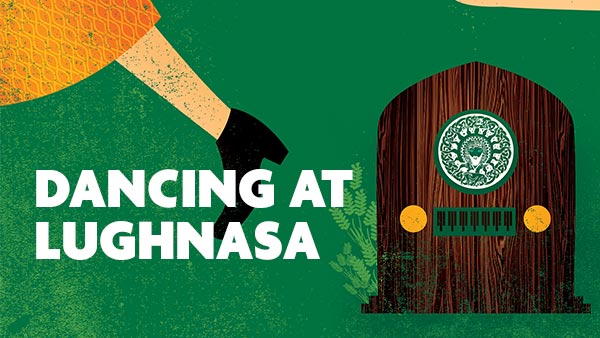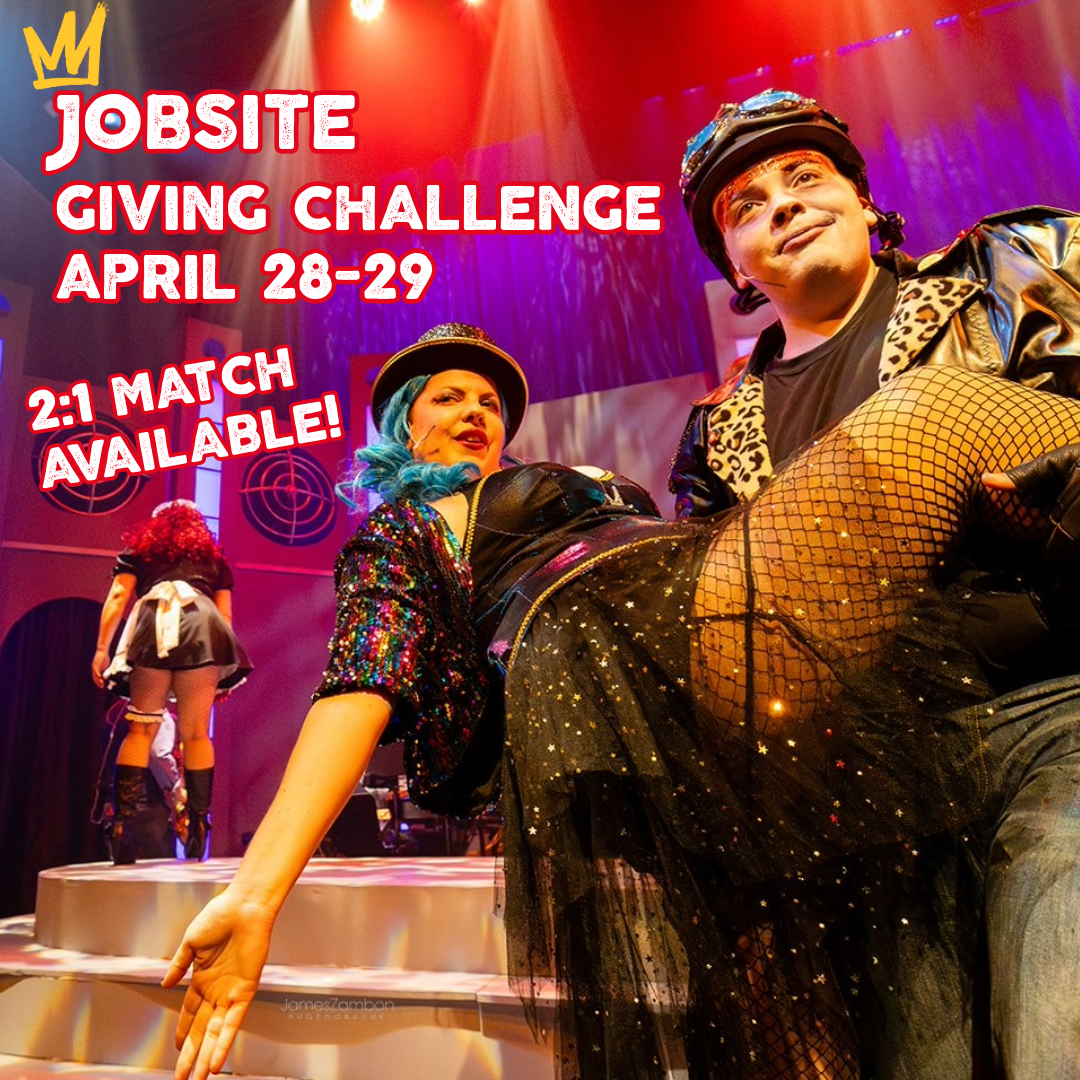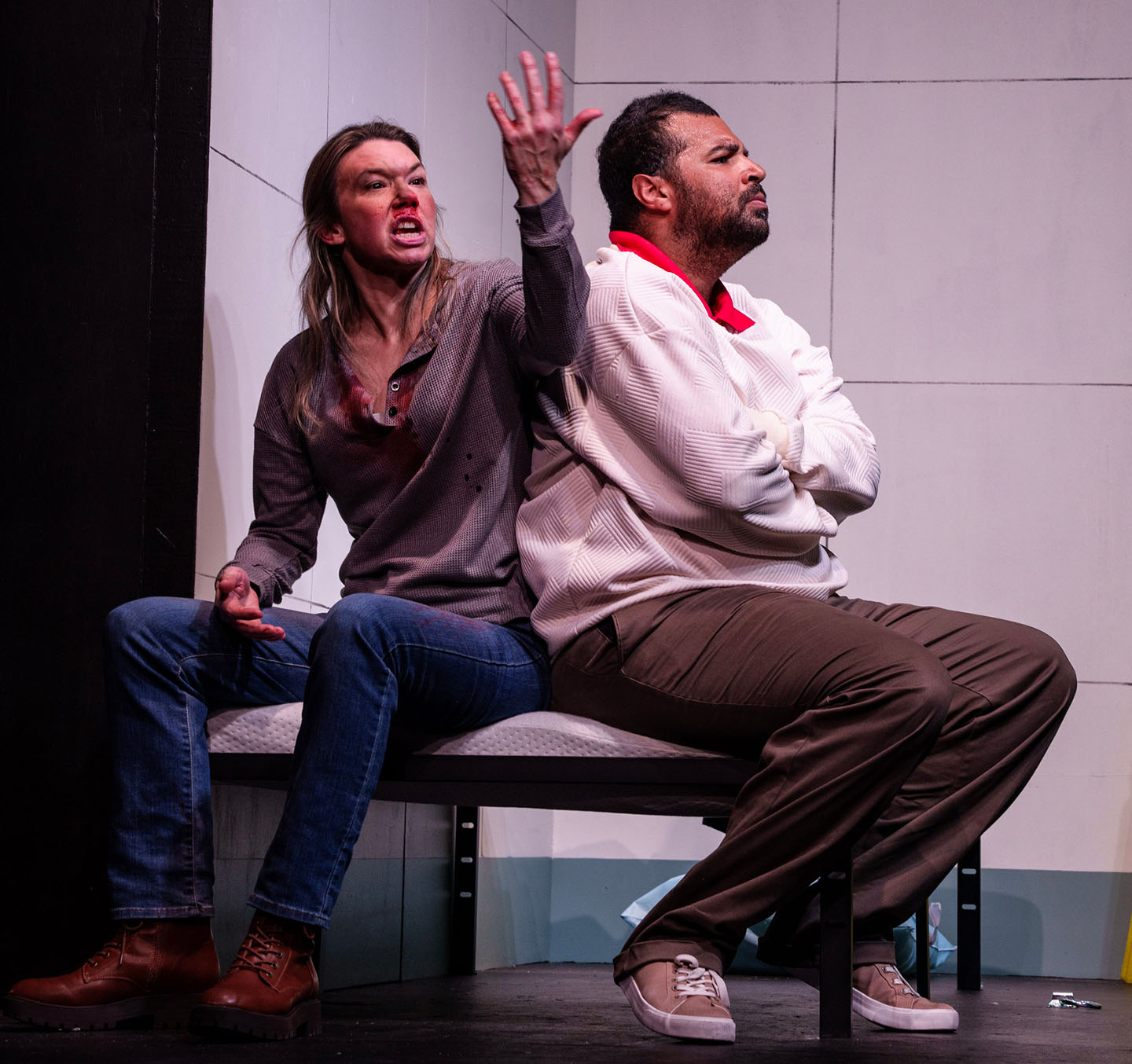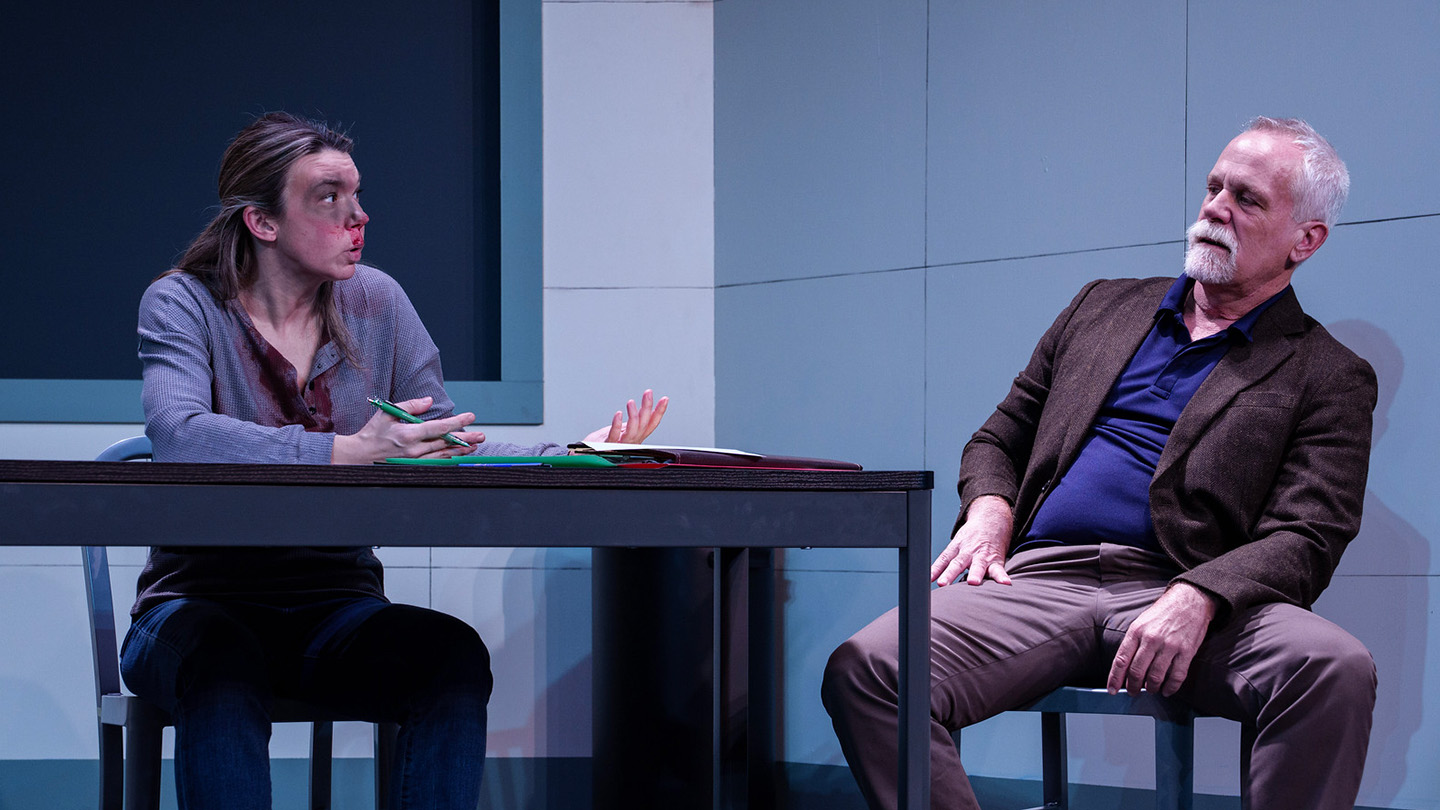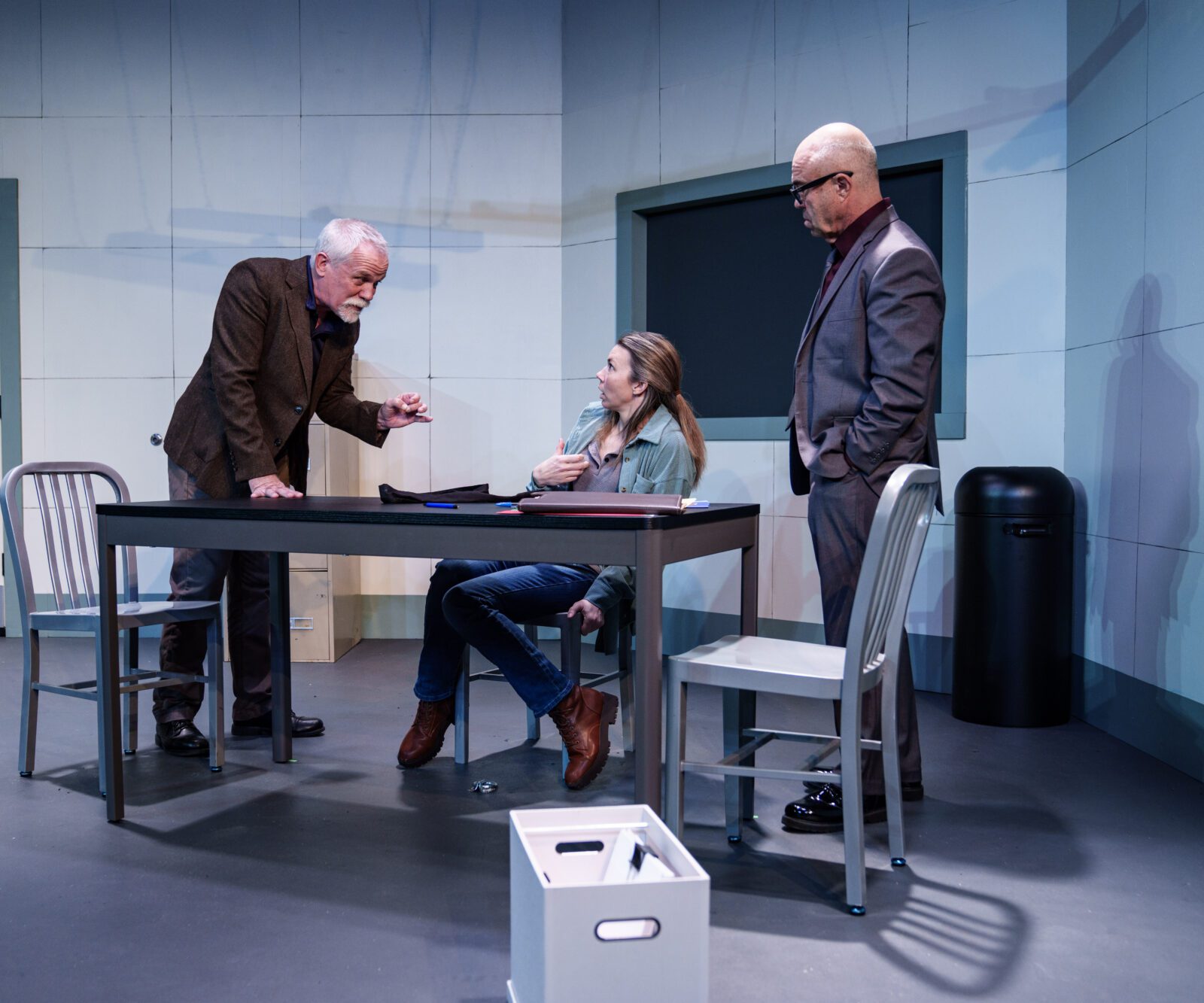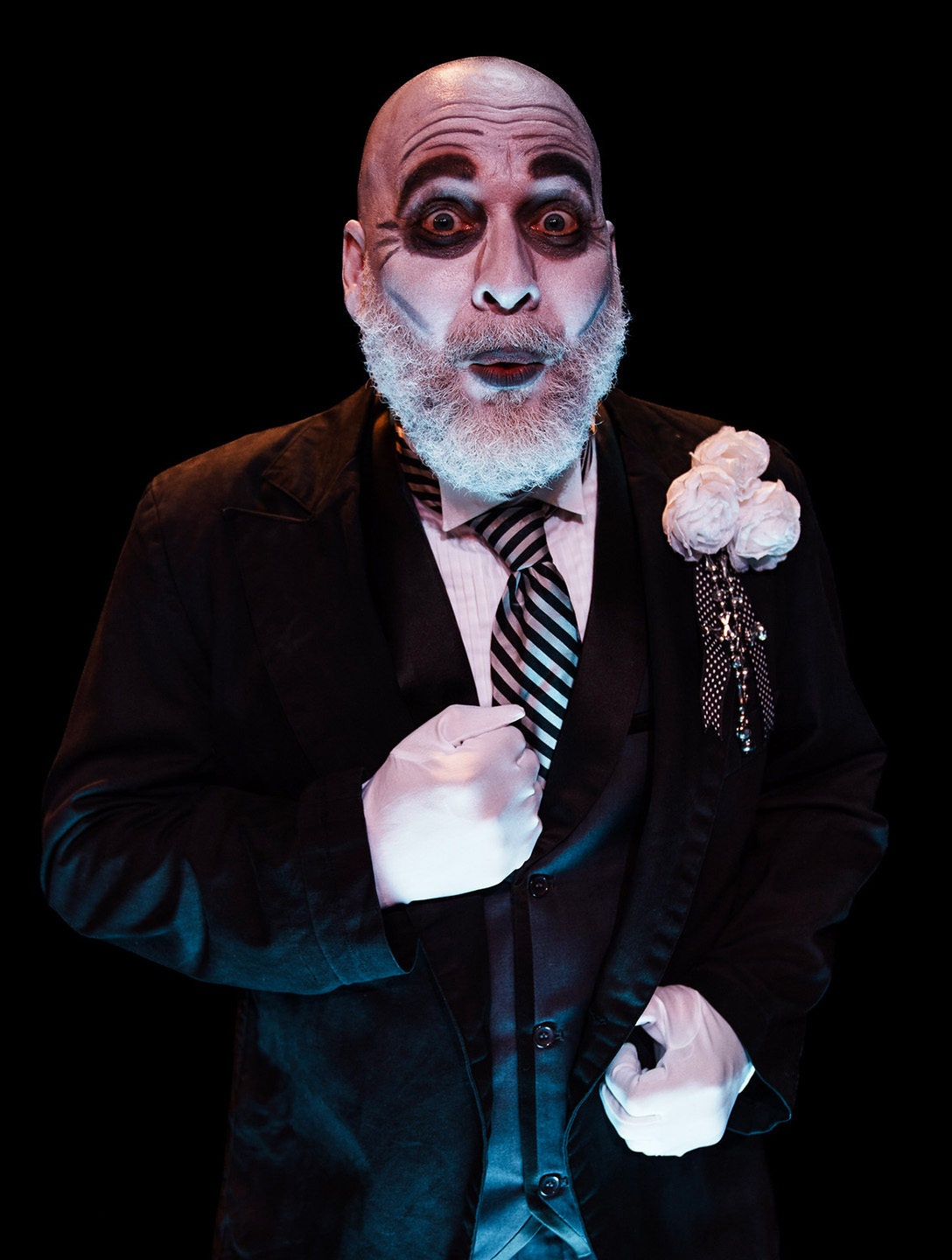We’re very excited to return to Western Ireland (though this time with a lot less mayhem than is typical for us, this isn’t Martin McDonagh) with Brian Friel’s 1990 classic Dancing at Lughnasa. This play was originally presented in Dublin before transferring to London where it won the Oliver Award for Best Play and then to New York where is also won the Tony Award for Best Play. In 1998 it was adapted for the screen with Meryl Streep leading an all-star cast. Not be outdone, we believe we’ve put together one of our own:
- Kate: Nicole Jeannine Smith (last seen at Jobsite in The Underpants)
- Maggie: Katrina Stevenson (also Costume Designer, last seen at Jobsite in The Tempest)
- Agnes: Jonelle Meyer (last seen at Jobsite in The Underpants)
- Rose: Caitlin Eason (last seen at Jobsite in The Lonesome West)
- Chris: Emily Belvo (last seen at Jobsite in The Tempest)
- Michael: Michael C. McGreevy (last seen at Jobsite in Twelfth Night)
- Father Jack: Brian Shea (last seen at Jobsite in The Tempest)
- Gerry: Adam Workman (appearing soon as Party Member 1 in our 1984)
The production team:
- David M. Jenkins: Director and Sound
- Teah Banks: Stage Manager
- Kristen Garza: Set Designer and Technical Director
- Jo Averill-Snell: Lighting Designer
- Samantha Ehrnman: Charge Artist
Western Ireland has become a favorite Jobsite locale through the plays of Martin McDonagh. Jobsite has previously produced The Beauty Queen of Leenane, A Skull in Connemara, The Lonesome West, and The Lieutenant of Inishmore to high acclaim.
Dancing at Lughnasa is extraordinary play. It is the story of five unmarried sisters eking out their lives in a small village in Ireland in 1936. We meet them at the time of the festival of Lughnasa, which celebrates the pagan god of the harvest with drunken revelry and dancing. Their spare existence is interrupted by brief, colorful bursts of music from the radio, their only link to the romance and hope of the world at large.
The action of the play is told through the memory of the illegitimate son of one of the sisters, as he remembers the five women who raised him: his mother and four maiden aunts. He is only seven in 1936, the year his elderly uncle, a priest, returns after serving for twenty-five years as a missionary in a Ugandan leper colony. For the young boy, two other disturbances occur that summer. The sisters acquire their first radio, whose music transforms them from correct Catholic women to “shrieking, stomping banshees” in their own kitchen. And he meets his father for the first time, a charming Welsh drifter who strolls up the lane and sweeps his mother away in an elegant dance across the fields. From these small events spring the cracks that destroy the foundation of the family forever.

